
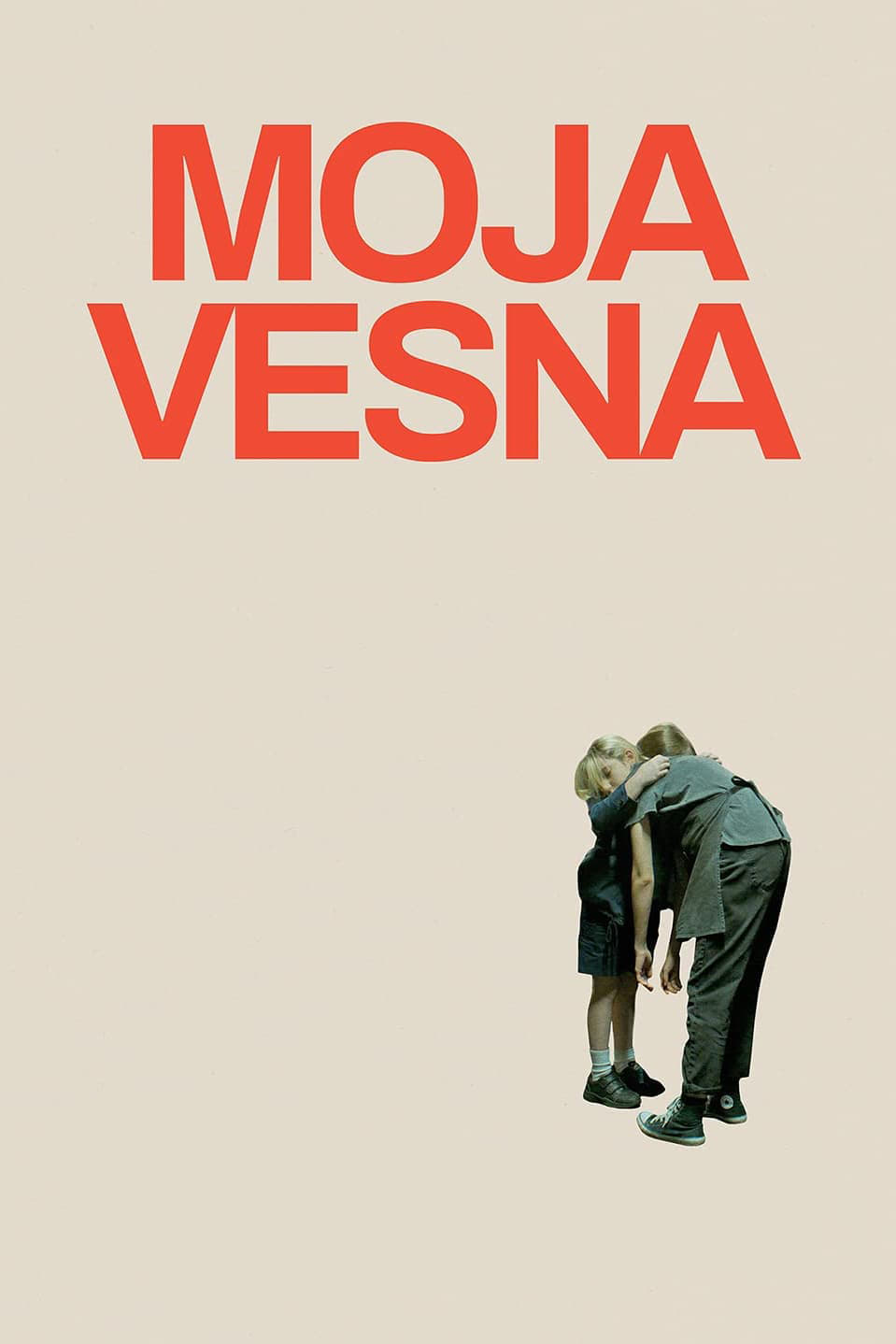
After her mother's sudden death, ten-year-old Moja becomes the unexpected grown-up of her fragmented family, trying to bring her troubled older sister Vesna and distant father together.
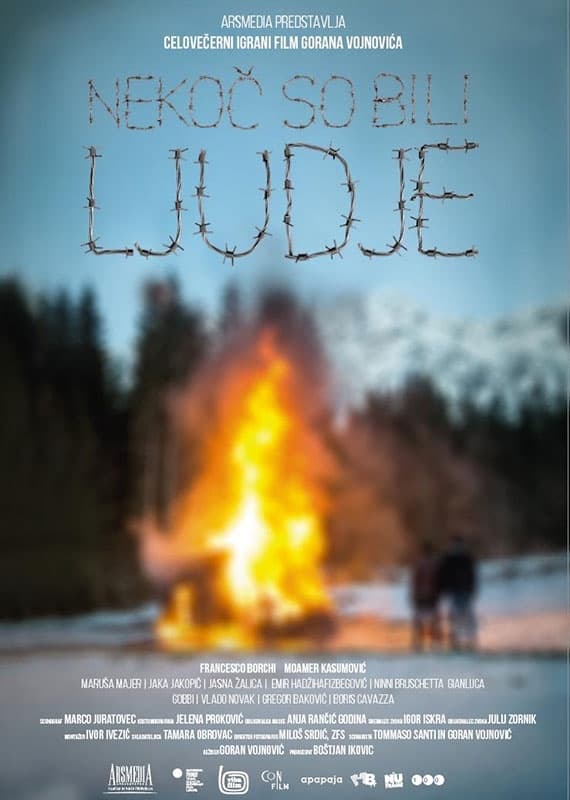
Leo is an Italian who lives in Slovenia. Vučko is a Bosnian who arrived to Slovenia as a child refugee. Leo continues to stay in Slovenia because of his ex-wife Tanja and his son Luka, hoping that they can become a family again. When the bank refuses to grant a loan Leo and Vučko would need to renovate their restaurant, they have no choice but to accept an offer from Gianni, a swindler. They are tasked with stealing Gianni’s truck so that he can collect the insurance money. However, instead of stealing Gianni’s truck, Leo and Vučko mistakenly steal a truck full of refugees. Vučko the refugee and Leo the migrant themselves thus inadvertently become responsible for destinies of people similarly unfortunate as they had once been. In order to solve their financial problems, they decide to sell the refugees. At first it seems that they are not indifferent towards these people, but with each passing day there is less and less humanity left in Leo and Vučko.
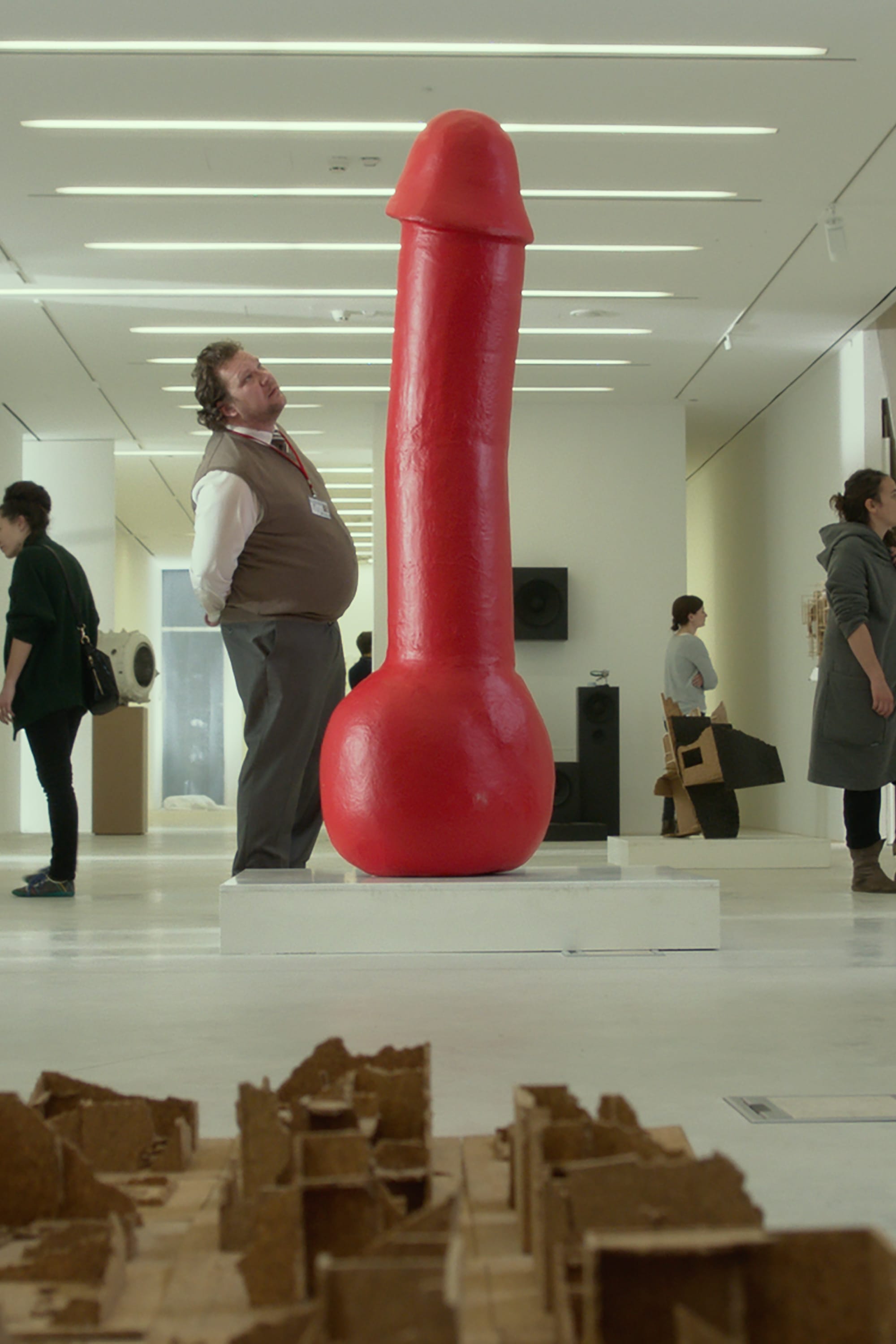
Bojan and his wife Ida seem to live a harmonious life, yet without any physical contact between them. She is a housewife, and he is a security guard in a museum of contemporary art. One day, a very expensive piece of a phallic shape comes to the museum, and Bojan is assigned to ensure its safety. With its potency and symbolism, the new piece soon begins to disrupt Bojan’s marriage.
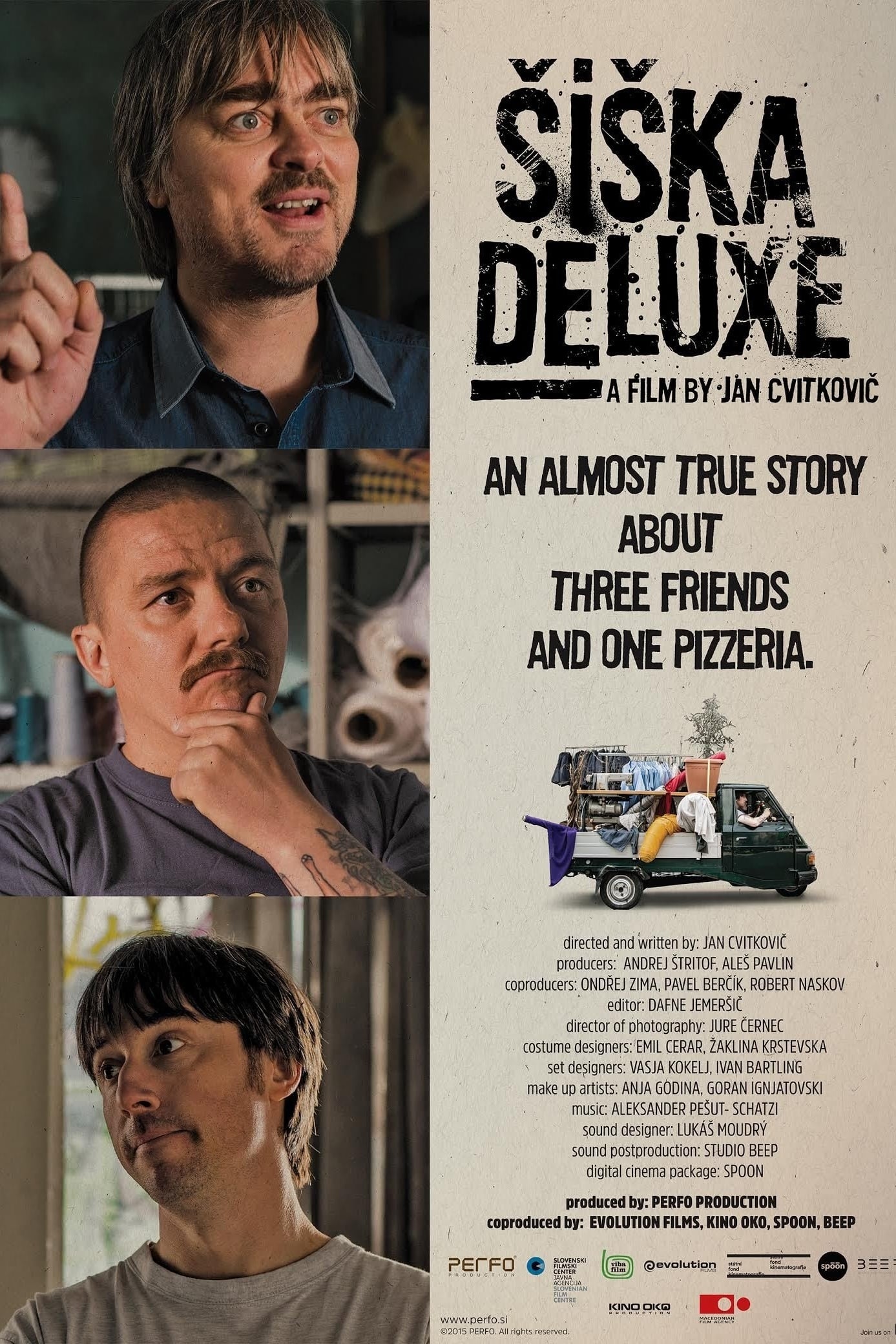
Three almost middle-aged men decide to open up a pizzeria in the neighbourhood of Šiška in Ljubljana.
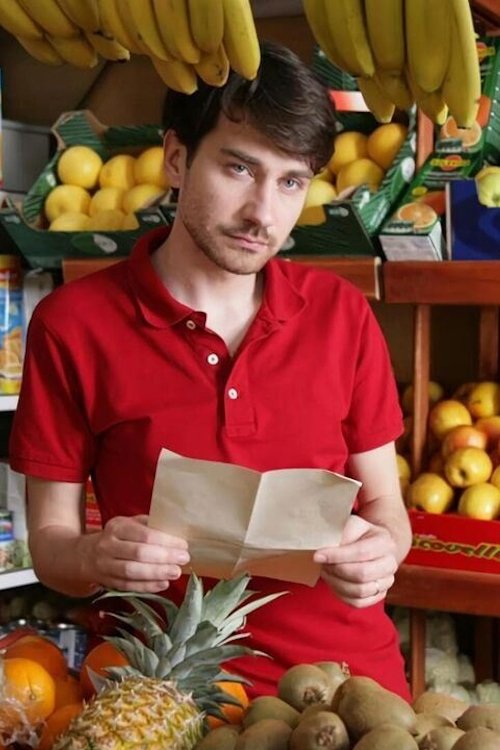
The fate of the emigrant, who needed the illusion of success to live with failure, remains open.
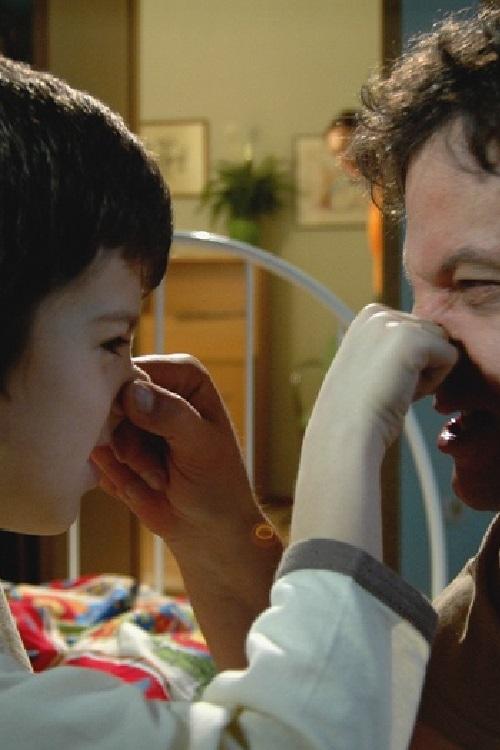
Tone is convinced that his son is a sex maniac because he is supposedly looking under his teacher's skirt. But he is wrong. While he is obsessed with trying to find the reasons for his misfortune and even makes his wife miserable, his friend hints that sexuality is a matter of genes; Tone comes to a conclusion that he himself is a sex maniac.
Egon Vittori (Janko Mandic) is thirteen years old and does not have a record player. It is the beginning of the seventies and Yugoslavia seems to be the land of prosperity. Goods are being imported from the West, and these include American music, films and fashion. Everybody but Egon owns a record player. Finding his path among his family members, hippie owners of music records, schoolmates, teachers, communists and dissidents. Egon gets his record player in the end. And grows up somewhere along the way. Written by (Slovenian film fund)
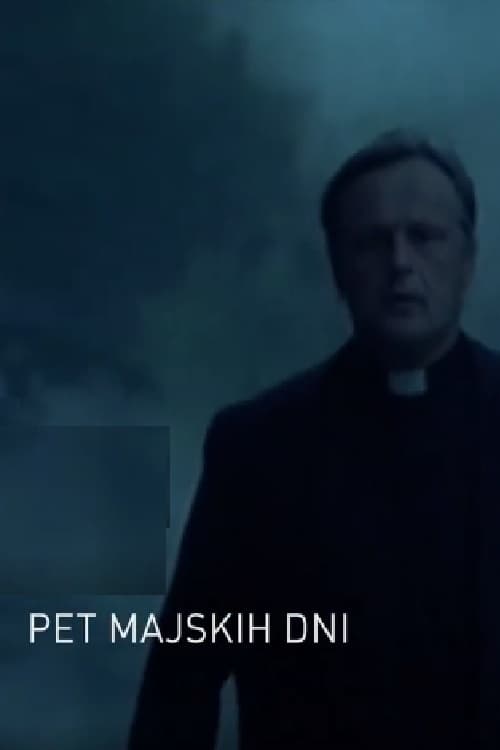
A young soldier enters a conflict with his superiors and because he does not get the exit for the May Day holidays, he decides to escape. The escape of the weapon is a serious offense, and because there are no routes back to the barracks, the fate of the violence that leads to a bloody bribe begins to unfold. The story goes back to the time of the Chernobyl nuclear catastrophe.
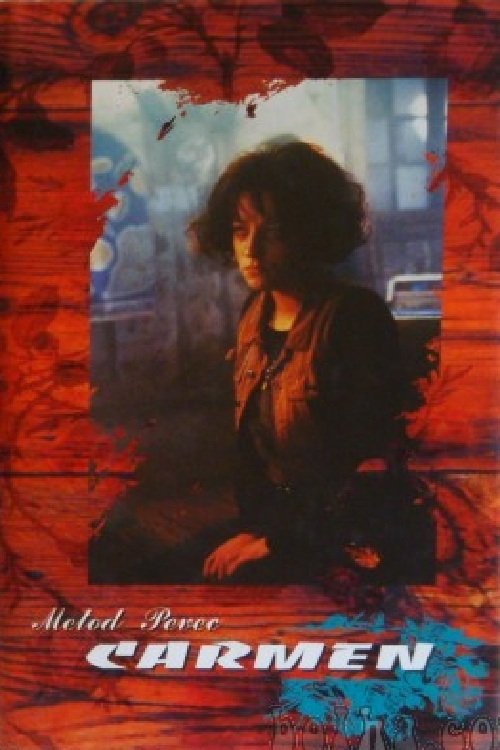
Goran is a literary student who writes erotic stories to support himself is introduced to Carmen, who was born in extramarital relationship of an opera singer. Goran tries to get rid her of drugs and prostitution. Deeply depressed Carmen blames his mother for her own misery, which gets even worse after her death. A sense of guilt because of her mother's death leads Carmen to insanity.
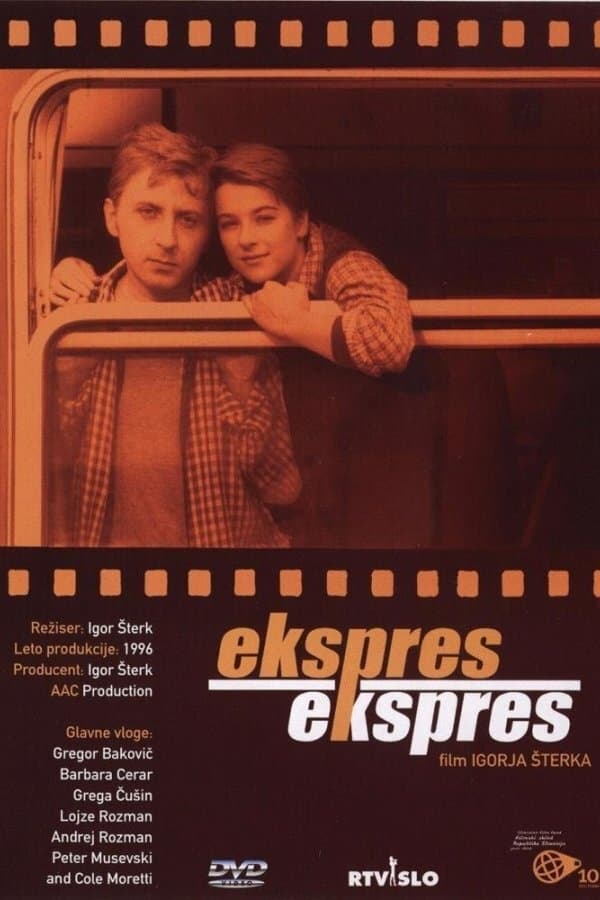
After his father's death, a young man (Gregor Bakovic) uses the black mourning flag and sews himself a pair of trousers. He then takes a train trip and meets a variety of bizarre characters, including a stowaway, a deaf-mute duo, a balloon-seller, a bird enthusiast, and an attractive girl (Barbara Cerar). Their railway romance gets derailed, but a variety of sight gags and caboose comedics keep the film on track and in loco motion.
By browsing this website, you accept our cookies policy.